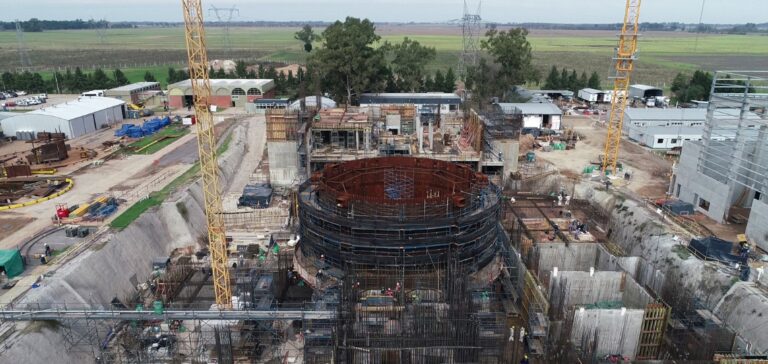The recently signed framework agreement between CNEA (Comisión Nacional de Energía Atómica) and Nucleoeléctrica Argentina SA (NA-SA) represents a significant step forward for the CAREM nuclear project in Argentina. The agreement, which runs for two years and can be extended by mutual consent, establishes a general framework for contracts relating to CAREM plant developments.
Scope of the Framework Agreement
This framework covers a wide range of areas, including studies, analysis and calculations for CAREM development, supervision of engineering expertise, and technical documentation. It also includes advice on control measures, best practices and lessons learned, as well as risk and opportunity analysis.
First Contract and Objectives
One of the first contracts signed under this agreement is for the provision of engineering technical assistance services to support the planned design, construction, commissioning, operation and maintenance of CAREM nuclear power plants. The aim is to capitalize on Nucleoeléctrica’s accumulated experience in the operation and maintenance of Argentine power plants, as well as in engineering.
According to Adriana Serquis, President of CNEA, this agreement “enhances the capabilities of the CAREM project, as it adds NA-SA’s expertise”. José Luis Antúnez, President of Nucleoeléctrica, underlined the importance of this agreement, saying that it contributes to the realization of what would have been a dream 50 years ago: the first reactor designed and built entirely in Argentina.
The framework agreement between CNEA and Nucleoeléctrica is more than just a contract; it symbolizes an important step in the maturing of Argentina’s nuclear industry. It remains to be seen how this agreement will translate into concrete progress, but it undeniably sets an encouraging precedent for the future development of the nuclear sector in Argentina.






















